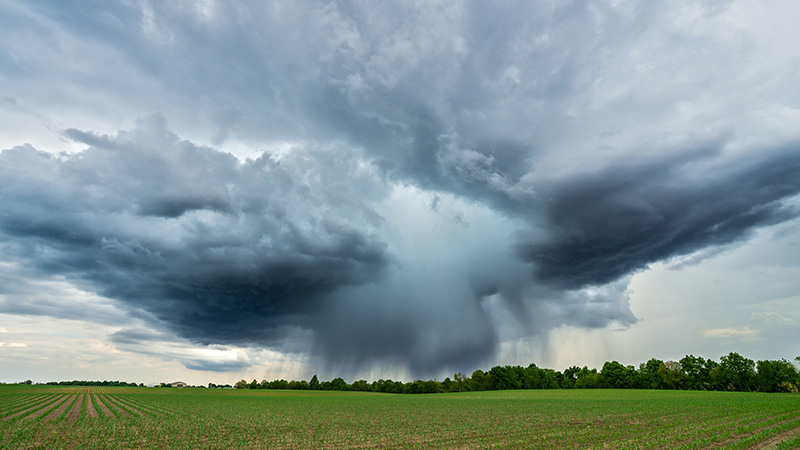You don’t have to be a big business to be a climate action leader
The Climate Leaders Coalition (CLC) has unveiled its most forward-thinking Statement of Ambition yet, to accelerate action taken by New Zealand businesses on climate change. We’re proud to be on board.
As Chief Executive of 3R, I was a founding signatory when the CLC was launched in July 2018, and we remain committed to its purpose and goals, and meeting the new statement of ambition.
As incoming CLC Convenor and Spark CEO, Jolie Hodson points out, the science and policies on climate change have advanced significantly since the CLC launched and so must our collective ambition and action.
3R is one of the smallest businesses to be part of the CLC. If we can do it, I believe it’s achievable for other smaller businesses too.
When it comes to SMEs and smaller businesses being part to the CLC, the many large corporates in the Coalition mean there is support available. Most SMEs don’t have the luxury of a sustainability manager, but this is where the collective efforts of the CLC can help – small businesses can benefit from the case studies and work done by larger organisations or from the ideas contributed by other small businesses.
We’re also the only member based in Hawke’s Bay, and we’re proud to be flying the flag for the region.
I am a strong advocate for other businesses and organisations in the Bay to consider joining. The impacts of climate change are no longer ‘in the future’ but are happening right now. Here in the Bay this is plainly obvious from issues such as the coastal erosion threatening homes.
Hawke’s Bay is also particularly vulnerable to the impacts of climate change due to it large primary industry and its reliance on stable weather and growing conditions.
Climate action is the focus of government and citizens alike, but it will take business to deliver it. Businesses also stand to gain through the efficient resource use and innovation which comes from transitioning to a low-emissions economy.
My challenge to other businesses is to be part of the movement, learn and act collaboratively for the benefit of all, and make a difference in your own back yard.
The Climate Leaders Coalition new Statement builds on the 2019 Statements in several key areas:
- On mitigation, signatories must adopt short-and-long-term gross absolute science aligned emissions reduction targets for all three scopes of emissions to support the delivery of substantial reductions needed to limit future warming to 1.5 degrees Celsius;
- On adaptation, signatories must assess and publicly disclose their climate opportunities and risks (including in their value chain), as well as considering an assessment of nature-based risks;
- On transition and influence, signatories will need to plan for a just transition that avoids leaving people behind and proactively support a broader range of stakeholders to act on climate change including board members and customers; and
- To tie this all together signatories will need to embed climate action plan(s) within their businesses that address mitigation, adaptation, and transition, and incorporate te ao Māori perspectives.







